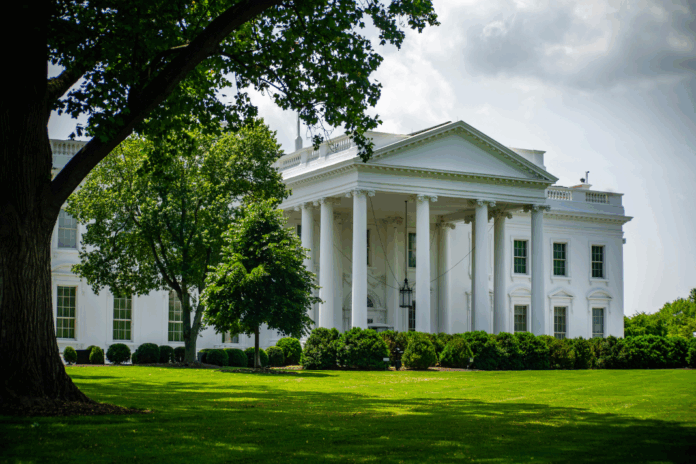
Launched in 2021, the Just Energy Transition (JET) is a multi-billion-dollar initiative aimed at helping coal-dependent emerging economies transition towards cleaner energies. America’s withdrawal has reduced South Africa’s total international JET pledges from $13.8-billion to $12.8-billion – a significant setback for the country’s energy transition ambitions.
This decision, however, should not have come as a shock given American president Donald Trump’s well-documented scepticism towards climate change and environmental, social and governance (ESG) initiatives. His first presidency saw the US withdraw from the Paris Climate Agreement and roll back more than 100 environmental regulations. Now, in Trump’s second term, global ESG momentum is once again under threat – a trend that is expected to intensify.
But is ESG dead? Not quite. Instead, it’s evolving. The era of surface-level sustainability commitments is ending, making way for a more pragmatic, commercially led approach to climate action.
South Africa’s energy landscape is a case in point. Years of policy uncertainty and an over-reliance on government-led interventions have left the country vulnerable to energy insecurity. The withdrawal of US funding from the JET partnership reinforces what should have been clear from the outset: businesses must drive their own sustainability strategies, independent of fluctuating political agendas.
This shift is already taking shape. Large commercial and industrial energy users are increasingly investing in onsite renewable energy solutions, energy efficiency measures and alternative financing strategies that align with ESG principles – not for political reasons, but because it makes financial and operational sense. The return on investment from renewable energy is tangible, with solar PV, battery storage and energy efficiency upgrades delivering long-term cost savings and resilience against grid instability.
The risks of waiting
For businesses, the real risk is inaction. South Africa’s ongoing energy crisis makes it clear that waiting for policy certainty is not an option. In his recent address at the 2025 Africa Energy Indaba, Electricity and Energy Minister Dr Kgosientsho Ramokgopa warned that public finance alone will never be sufficient to meet the colossal investment requirements of the climate transition. Businesses that hesitate risk higher energy costs, supply chain disruptions and exposure to carbon taxes as global markets tighten regulations.
Instead, forward-thinking businesses are securing their energy future through proactive strategies. On-site generation, power purchase agreements (PPAs) and sustainability-linked financing are becoming core components of corporate energy strategies. This shift towards decentralised energy solutions is no longer about ticking ESG boxes; it is about ensuring long-term competitiveness and resilience.
The next phase of sustainability
With the narrative around ESG rapidly shifting from regulatory compliance to strategic necessity, the real question is not whether ESG is dead, but whether businesses are ready to embrace sustainability as a driver of long-term growth.
This requires a new mindset: first, turning to face the challenges head-on, seeing the issues as the world sees them rather than solely through the lens of corporate interests. Then, developing a clear point of view on what needs to happen and how businesses can play a role in driving change. Finally, acting with both vision and practicality, striving to make a tangible difference.
Forward-thinking businesses are securing their energy future through proactive strategies.
Political shifts in the US, European Union or even South Africa will continue creating uncertainty in carbon markets, financing and regulations. However, companies that build their energy strategies around commercial viability and measurable societal and environmental impact, rather than government incentives, will remain ahead of the curve.
The key takeaway is clear: waiting for stable global climate policies is not a strategy, and inaction will only allow disruption to have its way. Industrial and commercial businesses must act now to secure their energy future.
Publication from Service Issue 90
*Written by Mila Vicquery, GM of sustainability at Energy Partners.











